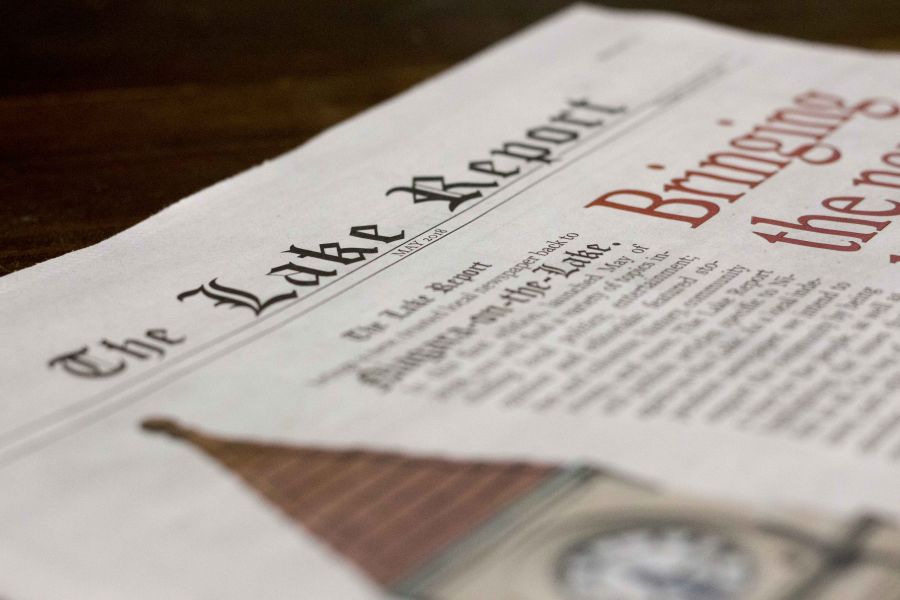Fourth in a series
The first three parts of this series focused on how the Town of Niagara-on-the-Lake must immediately apply its municipal accommodation tax to short-term rentals.
We looked at how not doing so creates an unfair disadvantage for hotels and other legitimate accommodation businesses (ones that aren’t plundering residential homes for profit during a housing crisis) and how the town must force all unhosted short-term rentals to temporarily rezone for commercial use if the home isn’t going to be used primarily as a residence for a taxpaying, voting resident.
Those are some good, common sense steps to stop the proliferation of mini hotels in our neighbourhoods — commercial enterprises that should never have been legal in residential homes in the first place based on zoning requirements.
But when the town does implement its accommodation tax fairly across the board, it also must figure out a system of collecting the tax — one that has teeth and forces accommodation businesses to give the town access to their books.
And it can’t simply be based on the “honour system.”
Auditing these businesses is the only way to ensure the full tax is being collected and remitted to the municipality.
Right now the town is using the honour system — such that hotels are able to remit the tax without showing how much money was actually earned on accommodations.
We’re not saying hotels aren’t paying what they should be. But no one knows. And that’s a big problem.
There have been problems with similar fees, like the destination marketing fees in Niagara Falls, with hotels and restaurants charging the fee and nobody knowing where the money went.
Again, we’re not saying NOTL business are up to nefarious activities, but the town needs to be able to audit accommodation businesses — all of them.
We get the sense it’s even more important when dealing with short-term rental businesses — an industry in which people frequently operate illegally and without licences. An industry that exploits residential homes for profit. An industry that has an extremely vocal stakeholder group that fought to not even have to charge the tax in the first place.
In other words, we can’t trust short-term rental owners to collect and remit the tax accurately and fairly based on the overall plague of illegal activity in the industry. Not to mention these are the types of people who are fine with taking a perfectly good home away from someone who needs it, in the name of passive profit.
The town absolutely must include a requirement that for any rental to obtain a licence (and ideally the temporary rezoning we discussed) it must agree to open its books for auditing.
Who will audit these businesses? Ideally, a dedicated town employee.
Who should pay for that employee? Not the taxpayer.
As we’ve already reported and discussed, by the town’s own estimate, it stands to gain about $600,000 in additional revenue by taxing short-term rentals. If you add in the commercial property taxes from the temporary rezoning of the properties, you’ve got more than enough revenue to hire staff to audit them.
Those audits will ensure the town brings in what it is owed — so just having them could end up increasing revenues substantially. With the town’s revenue of $200,000 from hotels in just a portion of 2022, since the tax is two per cent of revenue, that means all of Niagara-on-the-Lake’s hotels generated just $10 million in room revenue from July 2022 to 2023.
That number seems low. Luckily, auditing businesses will remove all doubt and ensure an accurate accounting.
And finally, we need to get to where other municipalities are with the tax. It needs to be increased to four per cent from two per cent. After all, our neighbours in St. Catharines charge four per cent. NOTL shouldn’t be left behind.
Next: We’ll look at short-term rentals from a mathematical perspective, to illuminate why allowing short-term rentals in residentially zoned properties sets a dangerous precedent for such a business to operate inside a home without paying commercial taxes.











